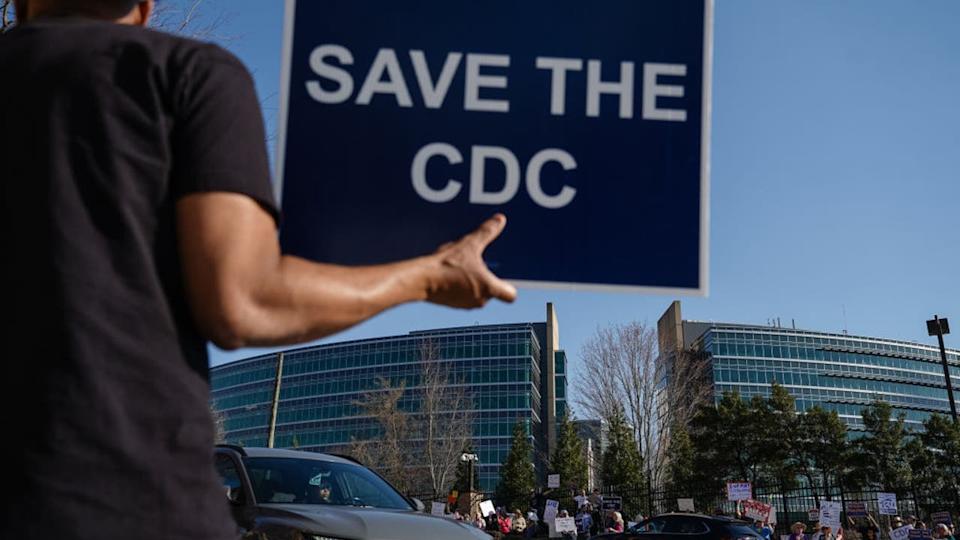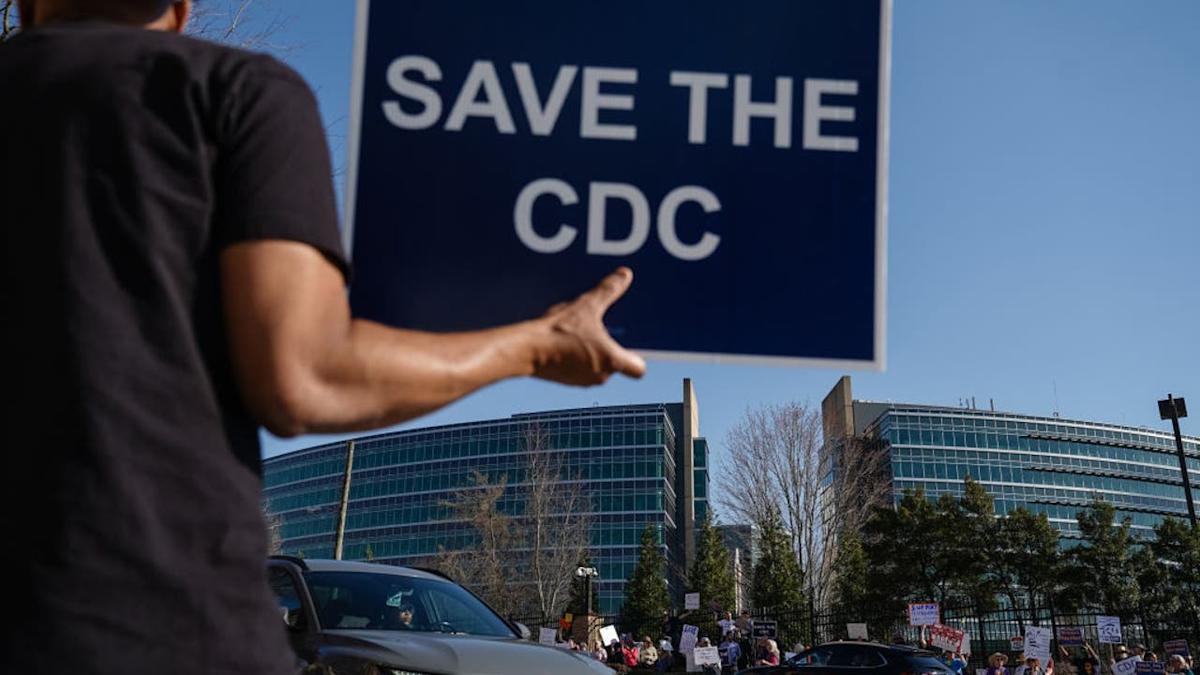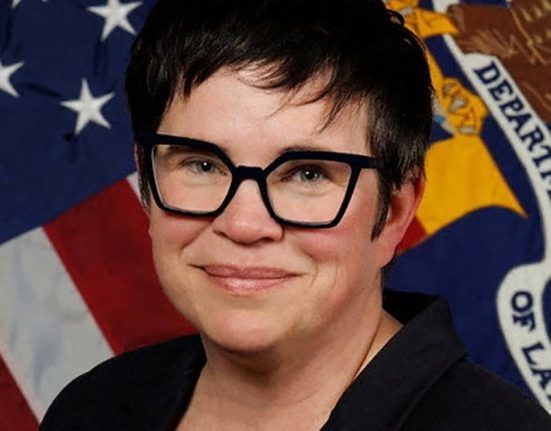The Brief
-
A federal judge said she plans to grant a temporary restraining order blocking $11B in health funding cuts.
-
The lawsuit, filed by 23 states and D.C., argues the cuts would devastate public health infrastructure.
-
The Biden-era funds in question were allocated for COVID-19, mental health, and substance use programs.
WASHINGTON – A federal judge in Rhode Island said Thursday she will temporarily block the Trump administration from carrying out a sweeping plan to cut more than $11 billion in public health funding, delivering an early win for a coalition of Democratic-led states that sued earlier this week to stop the move.
The funding in question was originally allocated during the COVID-19 pandemic and has since been used to support a wide range of public health programs, including mental health and addiction treatment.
But the Department of Health and Human Services under President Donald Trump said the emergency funds were no longer necessary and announced plans to claw them back—prompting a legal challenge from 23 states and Washington, D.C.
Why the judge sided with the states—for now
What we know
U.S. District Judge Mary McElroy, who was appointed by Trump but first nominated by former President Barack Obama, said Thursday that the states made a “strong case” for success and indicated she would formally grant a temporary restraining order to pause the cuts. A written ruling is expected soon.
“They make a case, a strong case, for the fact that they will succeed on the merits,” McElroy said in court, the Associated Press reported.
New York Attorney General Letitia James quickly responded to the decision on X, formerly Twitter, writing: “We’re going to continue our lawsuit and fight to ensure states can provide the medical services Americans need.”
Why the cuts matter to state health systems
Local perspective
States argue that losing the funds would severely damage already stretched public health systems. The lawsuit claims the rollback would “put states at greater risk for future pandemics and the spread of otherwise preventable disease.” In court, Assistant U.S. Attorney Leslie Kane objected to the restraining order but said her team had been unable to fully review thousands of documents in time to respond thoroughly.
Some states have already begun layoffs in anticipation of the cuts. The Minnesota Department of Health laid off nearly 200 workers, while North Carolina said it could lose around $230 million. California projected a potential loss of $1 billion.

People protesting personnel cuts at the Centers for Disease Control (CDC) hold signs outside the organization’s main headquarters on March 12, 2025 in Atlanta, Georgia.
(Photo by Elijah Nouvelage/Getty Images)
Pennsylvania Gov. Josh Shapiro, whose state joined the lawsuit, said $500 million in grants supporting care for the elderly and childhood immunizations were at risk. “As a result of taking the Administration to court, these dollars will now start flowing again,” he wrote on X.
What we don’t know
It remains unclear how long the restraining order will last—or whether the court will ultimately side with the states on a permanent injunction.
A final ruling could take months, and the Trump administration may appeal. The Department of Health and Human Services has defended the cuts, saying the funds were pandemic-specific and are no longer needed.
What’s next
The restraining order represents another legal roadblock for the Trump administration, which is facing more than 150 lawsuits challenging various policies on immigration, agency downsizing, LGBTQ+ rights, and climate regulations. Federal judges have issued numerous rulings slowing or pausing elements of Trump’s second-term agenda.
The Biden-era funding program at the center of this dispute is one of several COVID-19 relief initiatives that have become flashpoints in the debate over federal spending and public health preparedness.
The Source
This report is based on original reporting from the Associated Press, including court coverage by Devna Bose. Additional details and statements were sourced from public remarks by state officials and filings related to the multi-state lawsuit. This story was reported from Los Angeles.







